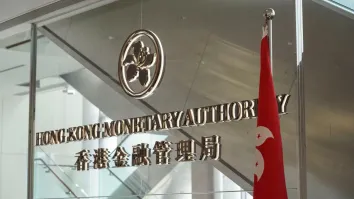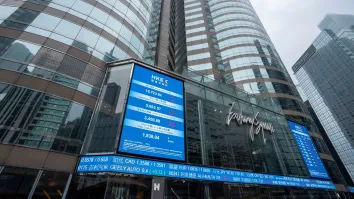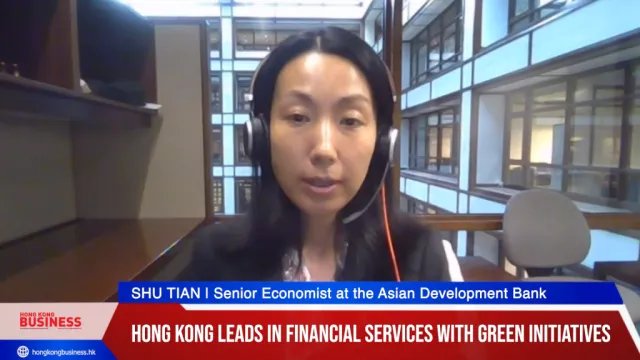
Hong Kong households to suffer from negative wealth effects
This is expected to weigh on private consumption.
BMI Research's analysis shows that there is a high correlation between growth of Hong Kong's private consumption and property prices, and analysts expect the city's households to feel the brunt of negative wealth effects as the territory's residential property market heads lower.
"This is in line with our long-held view that property prices have risen far beyond sustainable valuation levels."
Here's more from BMI Research:
According to Demographia's 13th International Housing Affordability Survey, the median house price-to-median household income stood at 18.1 years in 2016, which is among the most unaffordable globally. The SAR's house prices have recovered near to its all-time highs in Q416 as a result of discounts offered by developers in the primary market to entice buyers as they shift away from the secondary market due to the stamp duty hike in November 2016.
However, we believe that such attempts to support the market are likely to be short-lived as structural factors will continue to weigh on the market.
In addition, we expect the Hong Kong Interbank Overnight Rate (HIBOR) to rise as the US Federal Reserve hikes interest rates over the coming months, which will raise mortgage payments and bite into household incomes. Indeed, estimated monthly mortgage costs take up a significant portion of the median household income in Hong Kong, with the average rate for servicing a 500 square foot apartment still standing near multi-year highs of above 40%, according to data from Midland Realty.
The confluence of these factors will therefore weigh on the strongest support from Hong Kong's growth story, keeping overall economic activity subdued and prevent a significant growth recovery in the near future.



















 Advertise
Advertise






